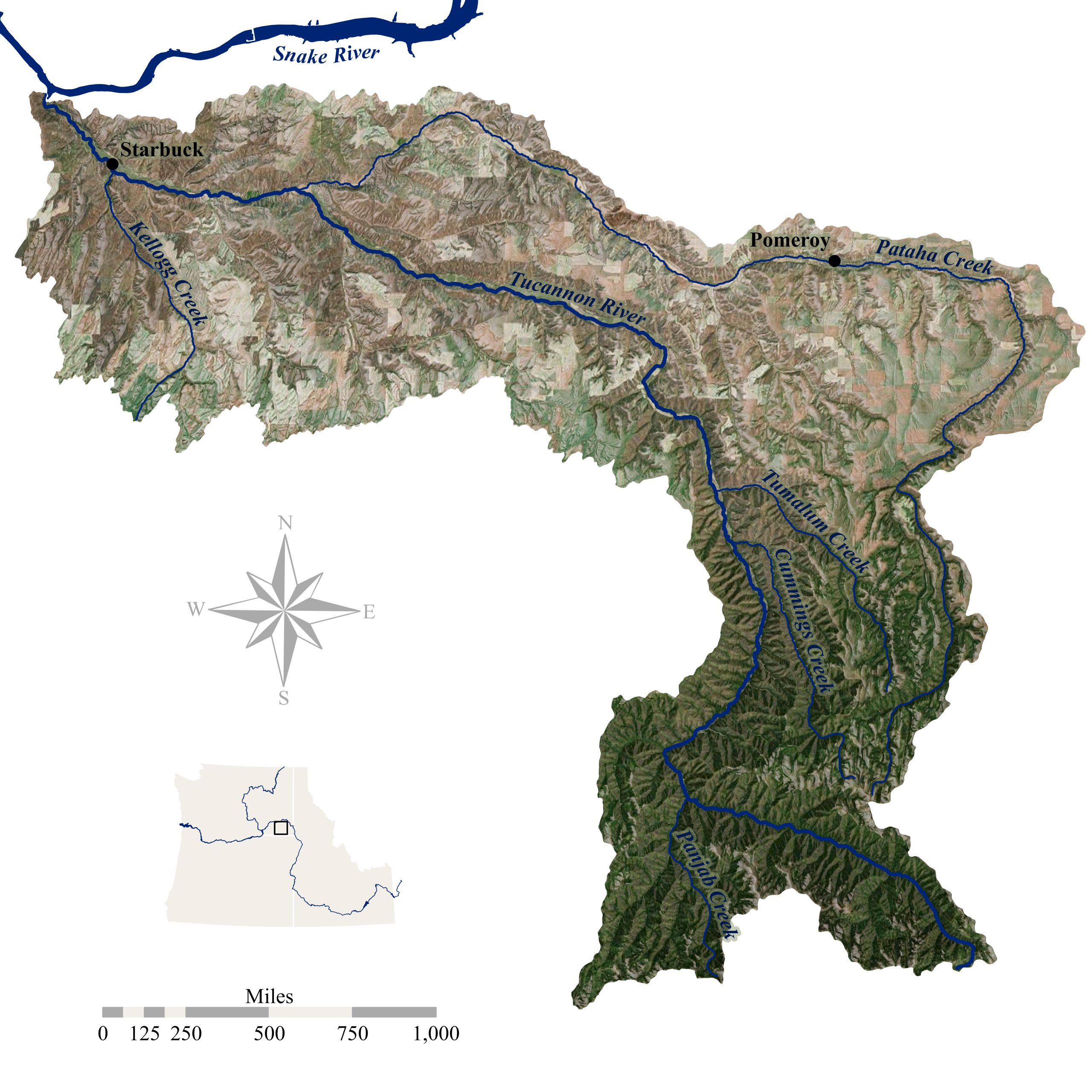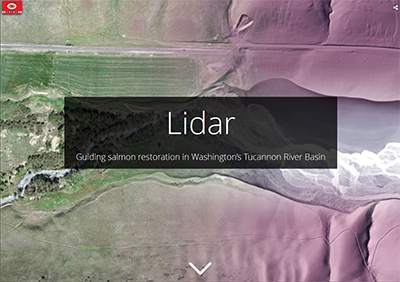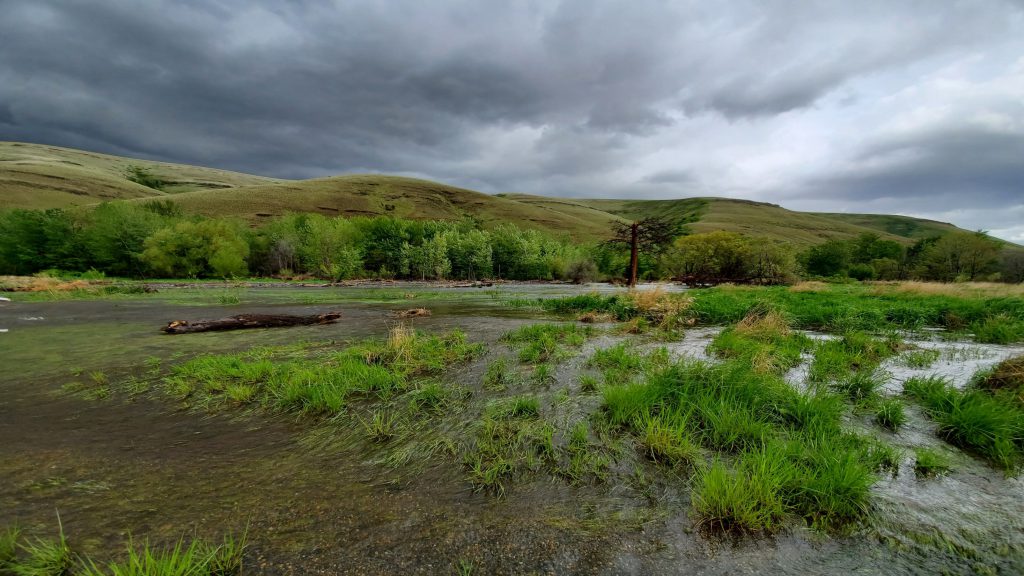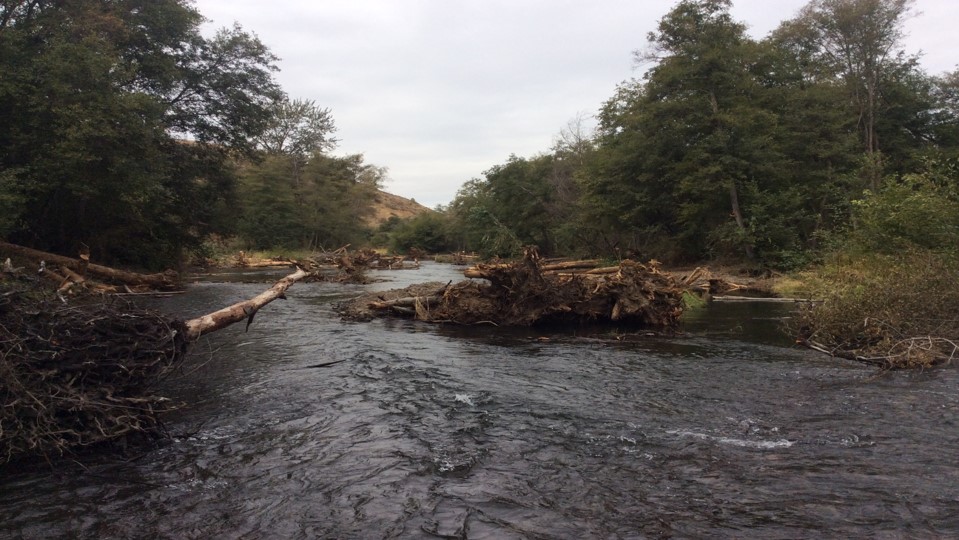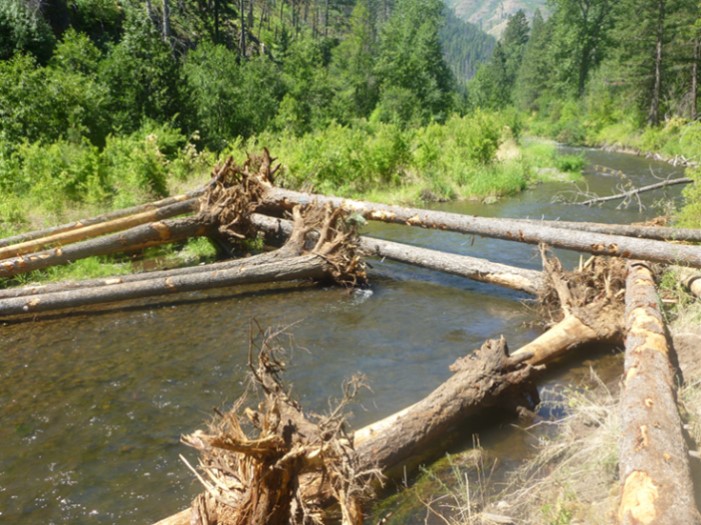The Tucannon River in Southeast Washington flows north out of the Blue Mountains into the Snake River and is the ancestral boundary between the Confederated Tribes of the Umatilla Indian Reservation and the Nez Perce Tribes. The Tucannon watershed supports the only remaining population of Spring Chinook (Oncorhynchus tshawytscha) in the lower Snake River.
While the Tucannon once produced thousands of salmon annually it currently produces only a few hundred adult Spring Chinook each year. In 1992, Spring Chinook were listed as threatened under the Endangered Species Act as runs declined to less than 200 adult fish.
Read about What is being done?
Measurable Results
The restoration efforts in the Tucannon River Basin are substantial. Here are some of our measurable accomplishments:
Featured Projects
Here are some of our featured restoration projects. Click the image for more information or view all projects.
Project Goal
To work with private and public landowners in the Tucannon Basin to protect, enhance, and restore functional floodplain, channel, and watershed processes to provide sustainable habitats for aquatic species for all residents of the Tucannon Basin.Project Objective
Find solutions that will benefit all residents of the Tucannon Basin, by addressing systemic problems associated with channel confinement, by allowing the Tucannon River to move freely within its floodplain and provide the maximum amount of ecological benefit for the fish and the people of the basin.Project Funders
| Funder | Funding Amount |
|---|---|
| Bonneville Power Administration | $3,702,342 |
| CTUIR | $1,411,000 |
| Snake River Salmon Recovery Board | $691,231 |
| Pacific Coastal Salmon Recovery Fund | $539,864 |
| US Forest Service | $112,769 |
| Washington Department of Fish and Wildlife | $53,500 |
Project Partners

